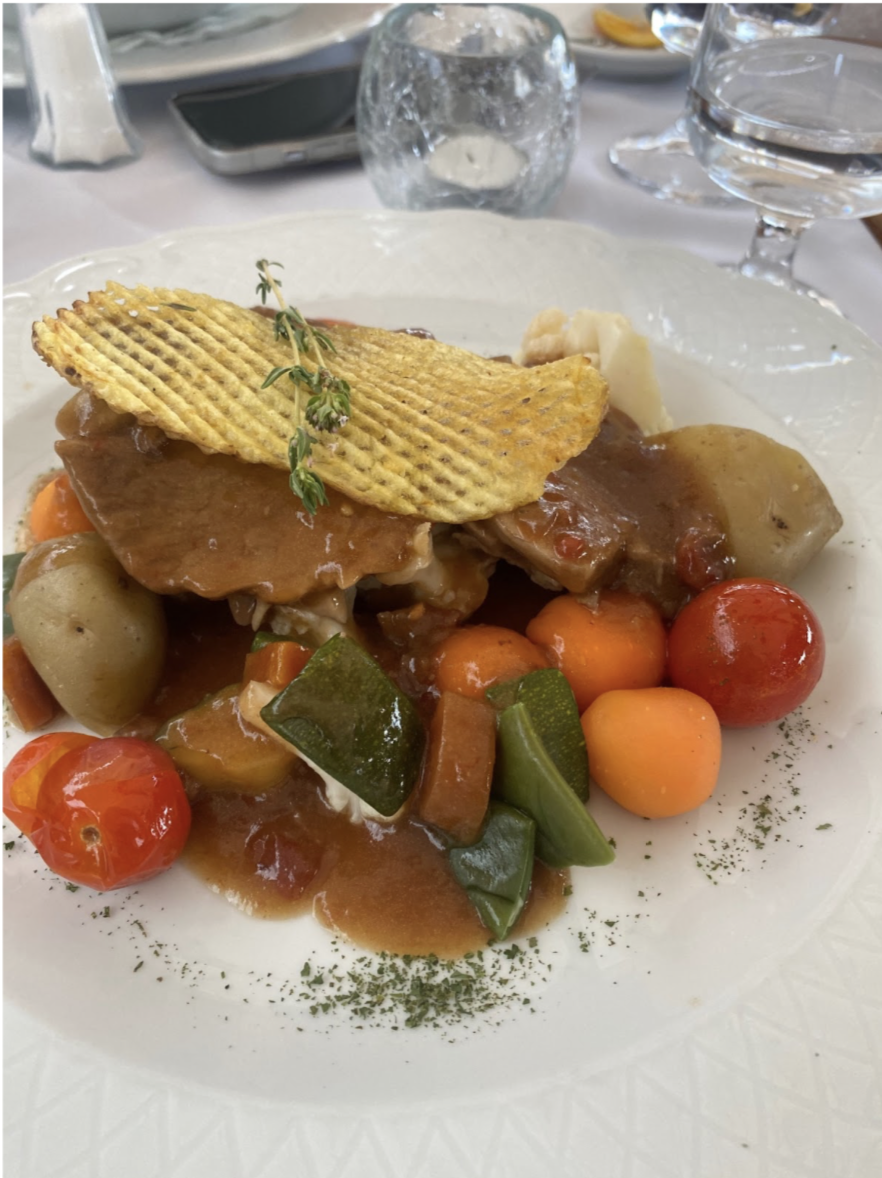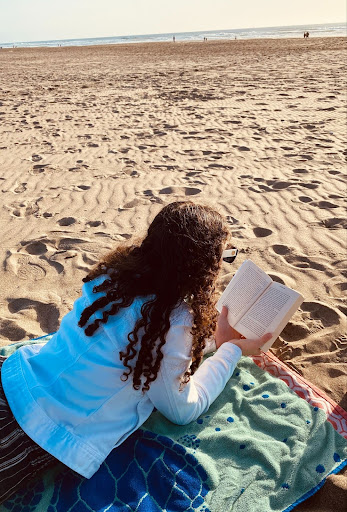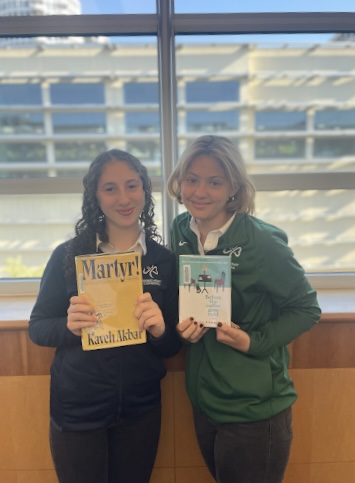
Happy September and welcome back! This year’s book columns are going to take a slightly different turn. We are shifting our focus from exploring different book genres to spotlighting bookstores, authors, and book themes! Each month, we’ll focus on one amazing aspect of the book world, and since September celebrates Hispanic Heritage Month, we have compiled our favorite or most memorable reads by Hispanic/Latino authors:

My Name is Emilia Del Valle – Isabelle Allende
One word we would never use to describe Isabelle Allende: passé (out of fashion). Quite the contrary, Allende has been captivating the literary world for years, spanning from the eighties until this very day with her timeless style and enthralling novels. My Name is Emilia Del Valle unfolds as a 19th-century San Franciscan love story that turns into a contentious Chilean confrontation, before finally spiralling into a complete journey of self-discovery for the main protagonist, Emilia. Isabelle Allende weaves identity, intimacy, and belonging into this wild ride of female-empowering fiction with a sophisticated elegance that hooks any reader, ourselves included.

A Nation of Women – Luisa Capetillo
Penguin Classics’ 2021 re-publication of Luisa Capetillo’s 1911 socialist essays simultaneously dissect 20th-century patriarchal society and rigid sexual standards, before challenging readers’ understanding of their respective policies. Capetillo’s monograph centers around feminist activism and politics, and reads rhythmically, like mainstream fiction. I highly recommend this collection of essays for any “thought daughters” of literature, be it literal daughters, metaphorical thinkers, or just someone interested in bona fide activism and historical femininity.

The House on Mango Street – Sandra Cisneros
Sandra Cisneros writes with a fervor exclusive only to the best of writers. In fact, her novel exists as one of the “unicorns” of fiction. Not fully written in verse or standard novel procedure, Cisneros presents a series of vignettes, all studying the main protagonist, Esperanza, and her relationship with the place she knows as home in 80s Chicago: Mango Street. Each vignette effortlessly strings together with the next to create an anecdotal thread of oppression, coming-of-age, identity, and passion. Cisneros’s Hispanic heritage shines through her words, instantly defining The House on Mango Street as one of our most treasured classics.

How To Love Better – Yung Pueblo
Taking a bit of a U-turn from contemporary fiction, our stumble on Yung Pueblo’s newly published regenerative self-help book could not have been a better bohemian representative for this month’s column. Yung guides readers through relationships of all kinds, from romantic to platonic, intense partnerships to low-pressure acquaintances, all through the lens of how to love. Yung’s teachings funnel a myriad of advice in terms of integrating and implementing healthy relationship strategies into everyday life. As far as non-fiction goes, How To Love Better definitely deserves a permanent residence on your bookshelves.

The Possession of Alba Díaz – Isabel Cañas
An opaquely haunting thriller/tragic love story set in the late 1700s, The Possession of Alba Díaz surrenders truths of erotism and gothic motifs through mercurial writing and plot points. When demonic occurrences begin to encroach on Alba’s sanity and impending marriage, her soon-to-be cousin-in-law takes notice. Elías’ newfound attention towards Alba turns from intriguing to bordering on obsessive and, dare we say, romantic. Before long, the supernatural, secretaries, and lust wind together and threaten to destroy Alba, Elías, and the possibility of a tomorrow.
Once again, happy Hispanic/Latino Heritage month! There are so many incredible stories by authors unpublicized to the general public, so please remember that one of a reader’s jobs is to hunt those down. SHC, get reading and tuck this away:
“We can choose to be a character in a story written by someone else, or we can choose to be the author of our own story.” – Ruby Garcia








